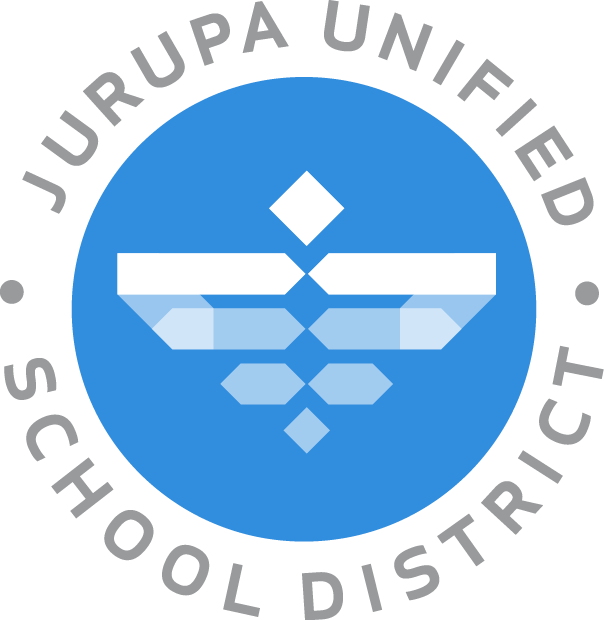Local Control Funding Formula (LCFF)
and
Local Control & Accountability Plan (LCAP)
Local Control Funding Formula (LCFF)
The 2013-14 state budget significantly changed how California funds school districts and charter schools. The LCFF introduced base, supplemental, and concentration grants—replacing many previous K-12 funding streams. This provides school leaders with increased flexibility, working alongside parents and the community, to prioritize academic needs and direct state funding to best support student achievement.
LCFF also targets equity by providing additional funding for English learners, low-income students (eligible for free or reduced-price meals), and foster youth. Districts receive supplemental grants (20% of the base grant for each eligible student) and concentration grants (50% for targeted students exceeding 55% of total enrollment).
Until full LCFF implementation (projected for 2020-21), funding gradually increased from 2012–13 levels to meet new targets.

Local Control & Accountability Plan (LCAP)
As part of LCFF, all school districts, county offices, and charter schools must develop, adopt, and annually update a three-year LCAP. The LCAP sets annual goals, actions, and progress measures for student groups across eight state priorities: student achievement, school climate, curriculum breadth, and parent engagement. Public input is required in the process.
The LCAP addresses these four goals:
-
Goal 1: All students will be college and career ready.
-
Goal 2: All students will have a safe, orderly, and inviting learning environment.
-
Goal 3: All students will feel connected to their school community through engaging educational practices and partnerships with parents and the community.
-
Goal 4:Equity Multiplier Focus Goal (Nueva Vista Continuation High School only): English Language Proficiency for English Learners and Preparedness for College and Career for all students.
The eight state priorities:
- Basic (Conditions of Learning)
- State Standards (Conditions of Learning)
- Parental Involvement (Engagement)
- Pupil Achievement (Pupil Outcomes)
- Pupil Engagement (Engagement)
- School Climate (Engagement)
- Course Access (Conditions of Learning)
- Other Pupil Outcomes (Pupil Outcomes)
LCAP plans must align with the district’s spending plan. The local board approves both the LCAP and the budget, with oversight from the County Superintendent and the State if required. Plans are written with input from staff, parents, students, and community partners. Jurupa Unified thanks the community for its annual contributions.
Current LCAP

